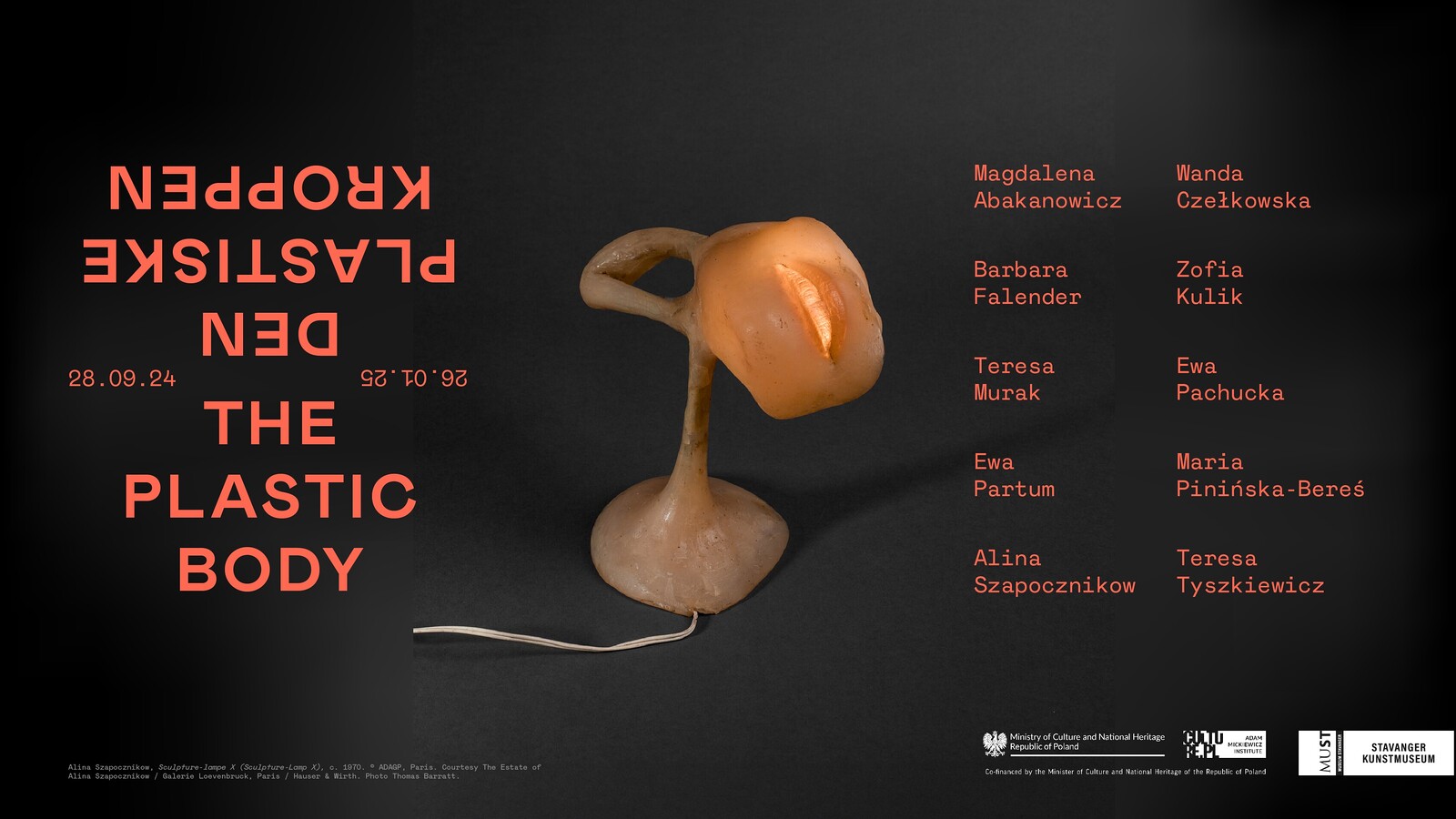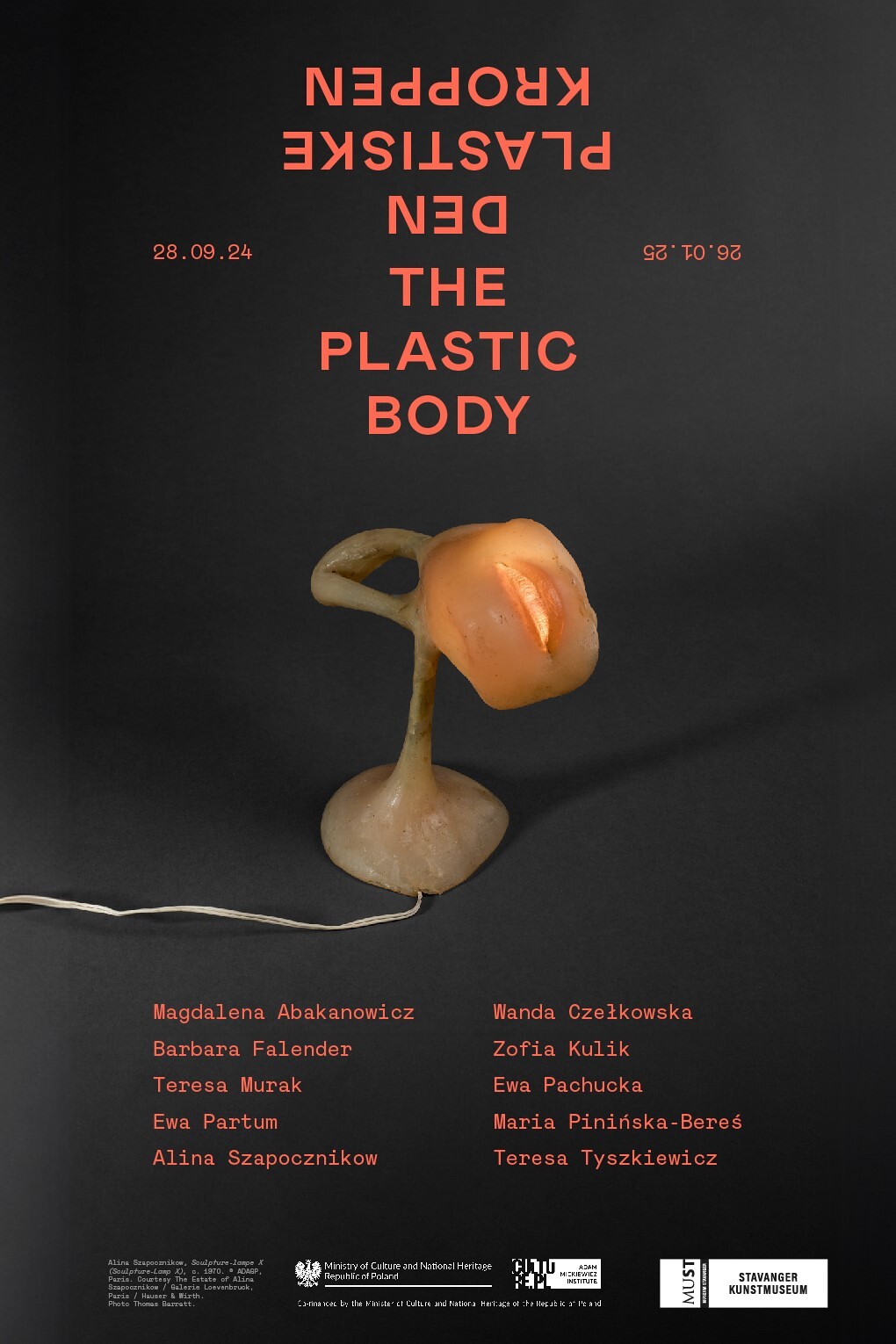Engaging ecological drawing in the transformation of Geneva
Sylvan co-designers, engaging ecological drawing in the transformation of Geneva.
In the last decades, the smart city paradigm has silenced a plethora of urban intelligences threading inhabitants and their environments. Our cities and territories support a large repertoire of local know-hows and practices essential to address the ongoing climate emergency. Co-design methodologies seek to implicate these intelligences through design-led contributive strategies. Design offers a tool of shared imaging where concerns, needs and know-hows from different stakeholders can be brought together to develop more democratic, fair and thus sustainable responses to our current challenges. Furthermore, participation is therein practiced as active contribution, where human, non-human and more-than-human participants are implied through their full ecological agency.
ALICE research works on situated emergent design strategies to turn these agencies into active contributors for a new form of socioecological intelligence for urban and territorial transformation. We have been doing this through a series of research and design research projects in the Canton of Geneva covering questions of strategic planning (Grand Genève, le réseau vivant), mobility and landscape infrastructure (Passage-paysage) or place attachment (Atlas de paysages affectives). Now, we launch this call for a PhD position that will work on the interdisciplinary project URBTREES and its subsequent developments to consider trees and other urban plant life as agents of co-design.
The PhD will work on a series of case studies in the area of Greater Geneva in direct collaboration with other disciplines—from environmental and computer engineers to data scientists and health specialists—as well as community actors, from political representatives to citizens. Among the topics to cover will be the inclusion of more-than-human agents and urban intelligences in co-design processes, from their conception to their implementation. The PhD will contribute to a genealogical and operative study of Geneva’s urban nature as well as on the means and ways of working with trees that architecture and urban design have developed historically. This will create a framework to dive into the stakes, challenges and existing and potential methodologies for sylvan co-design. Then, deploying a materialist interpretation of trees and other urban plant life, and going from their physiology to their role in more-than-human urban assemblages, the PhD will analyze the spatial dimensions and semiotics of trees general ecology by means of research through design methods based on the notion of ecological drawing: extending current forms of quantitative, object-oriented and location-based forms of graphic presentation to include mixed, fuzzy and relational orientations. Moving from embodied traces and traits to computational imaging and sensing through a detournement of QGIS, CAD and 3D modeling software, the candidate will develop drawing tools and co-design strategies to incorporate trees and other plant life as active contributors in urban co-design processes, acknowledging and valorizing their many forms of agency.
This fully funded four-year PhD project will be supervised by ALICE’s director, Prof. Dieter Dietz and its Head of Research, Dr. Lucía Jalón Oyarzun. It will bring together theoretical, historical and operative concerns, understanding genealogies and futures to propose new architectural and urban tools to advance our practice. The PhD candidate will work in the collaborative ambience of ALICE at the EPFL Campus of Lausanne and will take part in teaching activities of the lab related to these topics.
We are looking for engaged candidates with an architectural/urban background willing to mix theory and practice in a critical and imaginative way. The candidates should have proven skills in drawing and design (as shown either in professional or undergrad/graduate work), as well as knowledge of QGIS(+Python), Autocad or VectorWorks and Rhino(+Grasshopper). Knowledge and/or keen interest in sensing technologies, machine learning and/or ecology will be welcomed. Although the research will be led in English, a basic knowledge of French (or willingness to learn it) is recommended.
Send us your application before September 30, 2022 with:
–Motivation letter (max. one page)
–CV (max. three pages)
–Portfolio (max ten MB)




